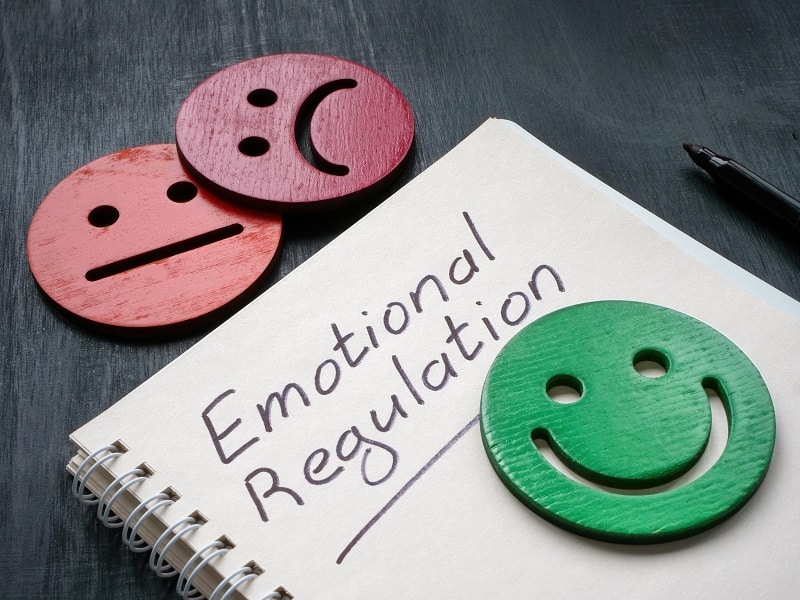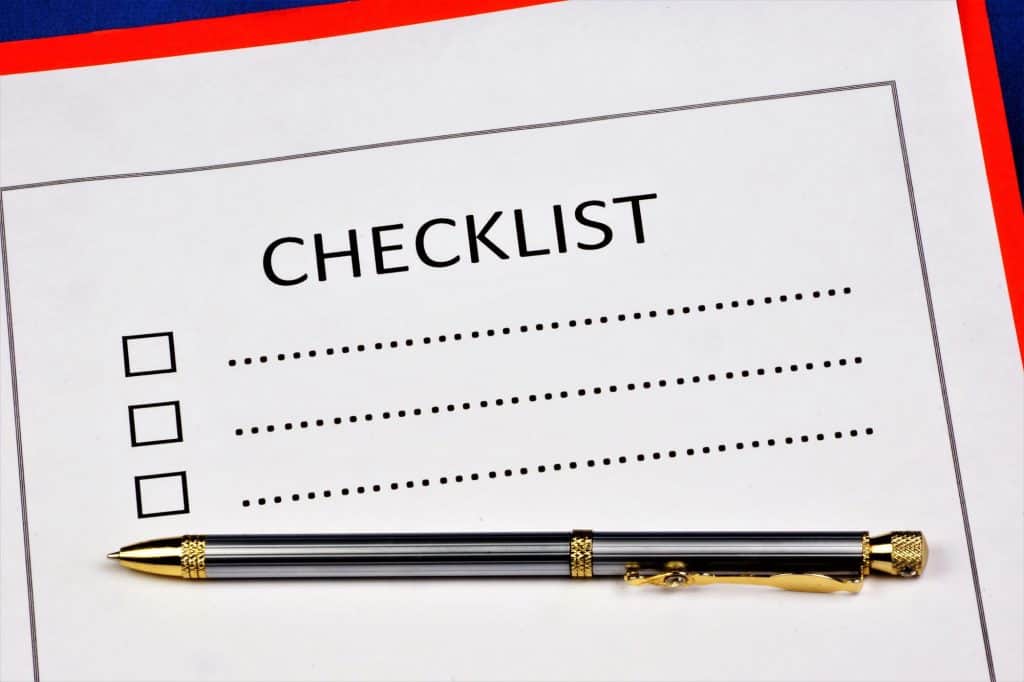theteam@theeducationhub.org.nz
Postal Address
The Education Hub
110 Carlton Gore Road,
Newmarket,
Auckland 1023
Self-regulation enables students to learn more effectively.

An example of a de-escalation plan designed to support students to emotionally self-regulate at school.

Understanding and supporting emotional self-regulation at school: Why some students may find it difficult to regulate their emotions at school, and what to do to support them.

The importance of self-regulation to learning and how students can be supported to become self-regulated learners.

The importance of self-regulation to learning and how students can be supported to become self-regulated learners.

The importance of self-regulation to learning and how students can be supported to become self-regulated learners.